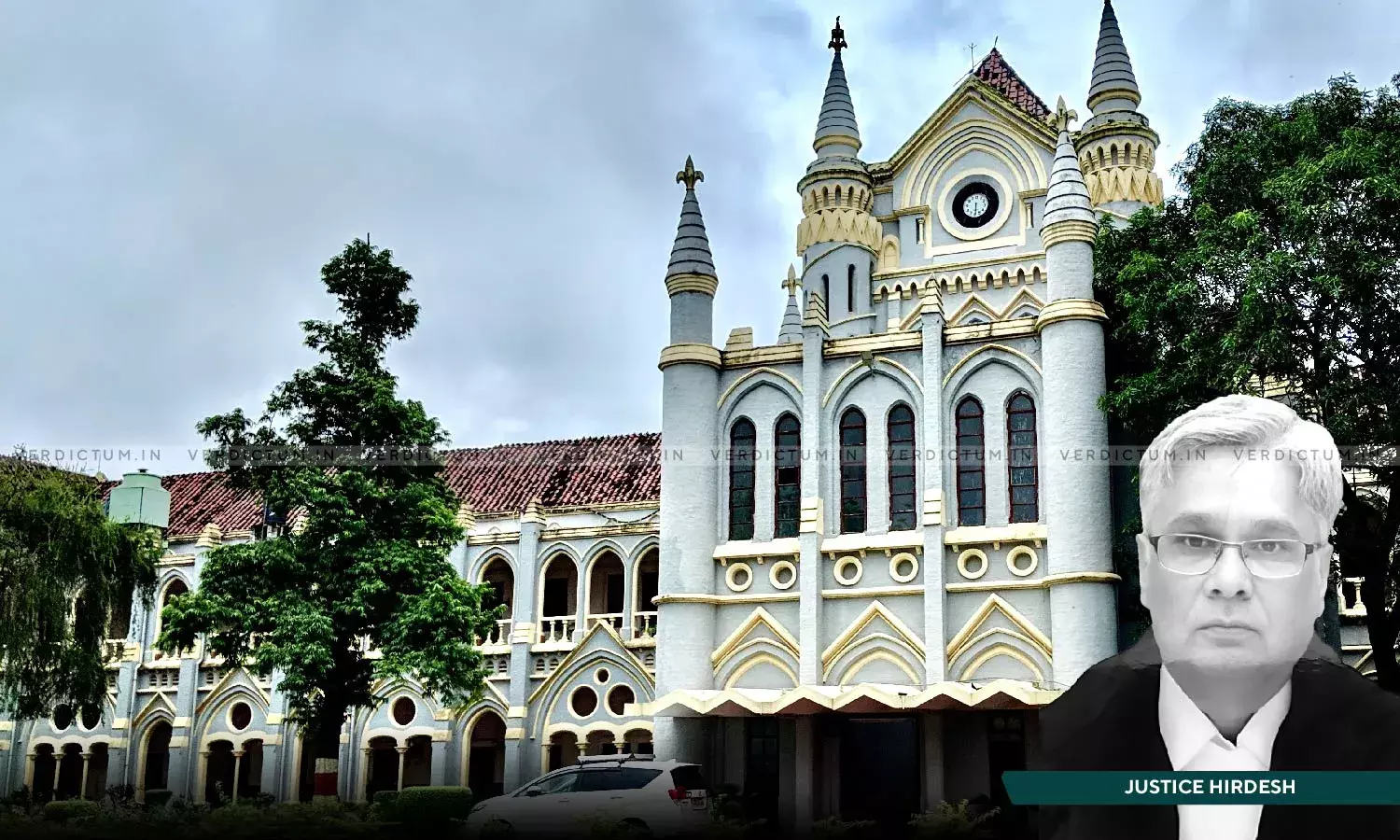Party Claiming Adverse Possession Must Show That His Possession Is Adequate In Continuity In Publicity And In Extent: Madhya Pradesh HC

The Madhya Pradesh High Court reiterated that a party claiming adverse possession must show that his possession is adequate in continuity in publicity and in extent.
The Court observed, “The possession as trespasser is not adverse nor long possession is synonym with adverse possession.”
The appellant had filed a suit for declaration of title and permanent injunction against the respondents regarding agricultural land. The appellant had been in the possession and cultivating the agricultural land in question since the death of his brother, who purchased the suit property through an agreement.
Meanwhile, the respondents conspired to get the land mutated in their name and pleaded that the appellant was not the owner of the suit property.
The trial court decreed in favour of the appellant and restrained the respondents from disturbing the possession of the appellant. However, the appellate court reversed the judgment of the trial court.
A Single Bench of Justice Hirdesh observed, “The law with regard to perfecting title by adverse possession is well settled. A person claiming title by adverse possession has to prove three "neck" - nec vi, nec clam and nec precario. In other words, he must show that his possession is adequate in continuity in publicity and in extent. Adverse possession must be adequate in continuity, in publicity and extent and a plea is required at the least to show when possession becomes adverse so that the starting point of limitation against the party affected can be found.”
Advocate Yash Pal Rathore represented the appellant, while DGA Anand Bhatt appeared for the respondents.
The Court noted the appellant had accrued his title to the suit property by only an agreement while Section 54 of the Transfer of Property Act stated that the “burden lies upon the appellant/plaintiff to prove his case that he acquired title by way of agreement.”
The High Court referred to the Supreme Court’s decision in Suraj Lamp and Industries Pvt. Ltd. v. State of Haryana JT 2011 (12) SCC 654 where it was held that transfer of immovable property by way of sale can only be by a deed of conveyance (sale deed). In the absence of a deed of conveyance(duly stamped and registered as required by law) no right, title or interest in an immovable property can be transferred.
Therefore, the Court stated that “title with regard to the disputed property is devolved in favour of the plaintiff. So, by way of this agreement, plaintiff has not accrued any title in regard to the disputed property.”
The Court remarked that “there is the acquisition of title in favour of plaintiff though it is negative conferral of right on extinguishment of the right of an owner of the property. The right ripened by prescription by his adverse possession is absolute and on dispossession, he can sue based on ‘title' as envisaged in the opening part under Article 65 of Act.”
The Court held that the appellant was not found to be in continuous adverse possession over the suit land with knowledge of the defendant. Therefore, the appellant had failed to prove that his possession was adequate in continuity over the suit land against the defendants.
Accordingly, the High Court dismissed the appeal.
Cause Title: Babulal v. Amra & Ors.
Appearance:
Appellant: Advocate Yash Pal Rathore
Respondents: DGA Anand Bhatt

